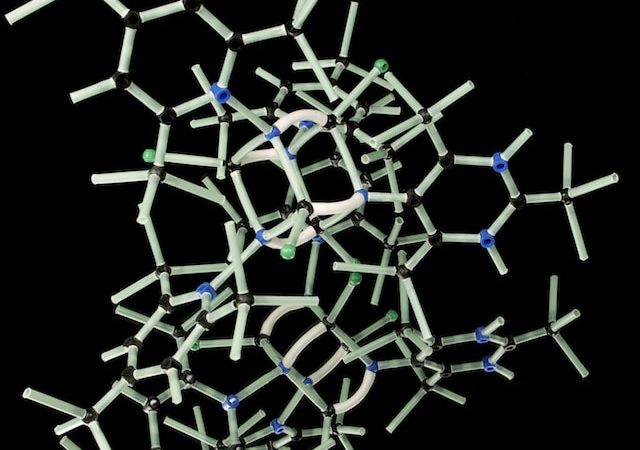In a significant breakthrough, mutations in specific genes have emerged as a promising avenue for the treatment of Alzheimer’s disease, offering renewed hope for millions affected by this devastating condition. This groundbreaking research sheds light on the intricate relationship between genetic variations and the potential for innovative therapeutic interventions. Alzheimer’s disease, a progressive neurodegenerative disorder,
In a significant breakthrough, mutations in specific genes have emerged as a promising avenue for the treatment of Alzheimer’s disease, offering renewed hope for millions affected by this devastating condition. This groundbreaking research sheds light on the intricate relationship between genetic variations and the potential for innovative therapeutic interventions.
Alzheimer’s disease, a progressive neurodegenerative disorder, has long remained an enigma in the medical field. Researchers have traditionally focused on the accumulation of amyloid-beta plaques and tau tangles as the primary targets for treatment. However, recent studies have unveiled the significant role that genetic mutations play in the development and progression of the disease.
Scientists investigating familial Alzheimer’s disease (FAD), an inherited form of the condition, have made a remarkable discovery. By analyzing the genetic profiles of affected individuals, they have identified specific rare mutations in genes like APP, PSEN1, and PSEN2, which are closely associated with Alzheimer’s disease. These mutations offer critical insights into the underlying mechanisms of the disease and the potential for effective treatment options.
One compelling example is the A673T mutation in the APP gene. This genetic variation alters the production and accumulation of amyloid-beta plaques, leading to a decreased risk of developing Alzheimer’s. Understanding the intricate mechanisms by which these mutations influence disease progression could pave the way for targeted therapies that prevent or slow down cognitive decline.
While these findings are undoubtedly promising, it is essential to approach them with caution. The mutations identified are relatively rare and occur in only a small fraction of individuals with Alzheimer’s disease. However, they provide valuable clues that help unravel the complex web of genetic and environmental factors involved in the disease’s progression.
Scientists are now focusing their efforts on understanding the specific mechanisms by which these protective mutations function. By unraveling the genetic puzzle, researchers aim to identify novel therapeutic targets that can disrupt the pathological processes underlying Alzheimer’s. This knowledge may lead to the development of innovative drugs and interventions that can halt or slow down the progression of the disease.
The potential of mutations in Alzheimer’s treatment goes beyond traditional pharmacological approaches. Researchers are exploring gene editing techniques such as CRISPR-Cas9 to selectively modify specific genes associated with the disease, opening up the possibility of precise and personalized treatments.
However, as with any medical advancement, ethical considerations must be at the forefront. Privacy, consent, and accessibility to genetic testing and counseling services are vital for individuals considering these options. It is crucial to ensure that individuals receive accurate information, support, and guidance in making informed decisions about their health.
Collaboration between scientists, healthcare professionals, and pharmaceutical companies is key to translating these discoveries into tangible treatment options for Alzheimer’s patients. Continued investment in genetic research and clinical trials will be crucial to validate the potential therapeutic benefits of these mutations and bring them to the forefront of medical practice.
Public awareness and advocacy play an essential role in driving support for Alzheimer’s research and fostering a society that prioritizes the fight against this devastating disease. By raising awareness, challenging stigmas, and advocating for increased funding, we can ensure that scientists and healthcare professionals have the resources they need to make further breakthroughs in Alzheimer’s treatment.
While there is still much work to be done, the discovery of mutations as a promising avenue for Alzheimer’s treatment is a significant stride forward. As scientists continue to unlock the mysteries of the disease and develop innovative therapies, there is renewed hope for individuals and families impacted by Alzheimer’s.
In conclusion, the discovery of genetic mutations as a potential treatment for Alzheimer’s disease represents a remarkable advancement in our understanding of this complex condition.

















Leave a Comment
Your email address will not be published. Required fields are marked with *